DIY SEO: How to Do Your Own SEO For Free (With Tips)
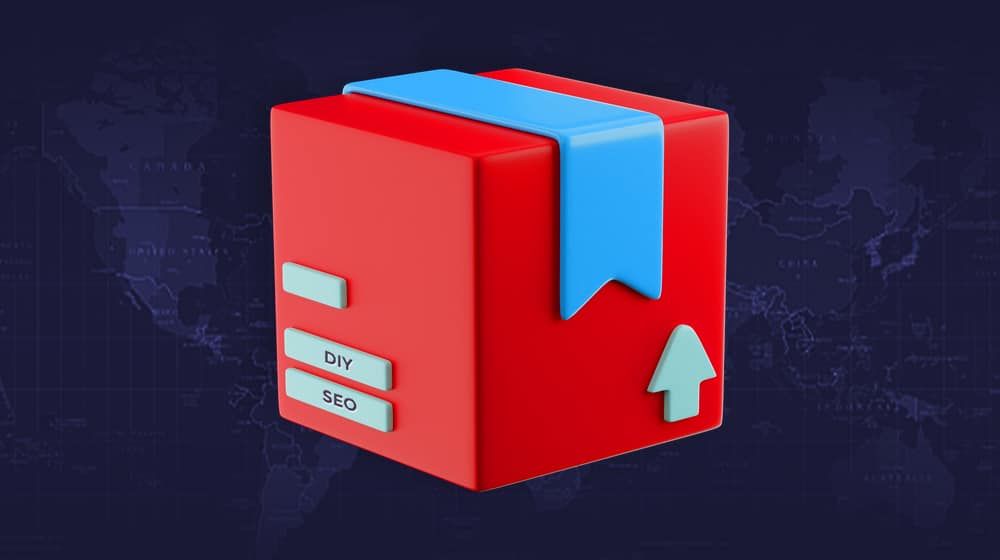
SEO is a skill, and it has a wide variety of practitioners. Some of them are good, some of them are not. Some of them are expensive, some of them are not. These two are not always correlated, which is how many people end up over-paying for sub-par service.
It's no wonder that many bloggers, small businesses, and companies want to circumvent SEO expenses. This situation is doubly true for companies with decision-makers who are somewhat divorced from the proceedings; many SEO efforts are largely invisible, and the effects they bring in are challenging to measure or attribute.
I set all of this up to say two things.
- SEO is possible to do on your own, DIY-style.
- It's mainly inadvisable to do your SEO on a business site as a beginner.
Now, plenty of sites do their SEO and do just fine. Plenty more get by with some good SEO, some lousy SEO, and some changes that don't accomplish anything. DIY SEO is possible, and I'm going to give you SEO tips and guides to do it. But, I want to make one thing clear.
Generally, I recommend that DIY SEO efforts be limited to people in a few specific circumstances.
- People who don't live or die based on their site performance—those who have side hustles or enough savings and leeway to weather a failed experiment.
- People who treat every failure as a learning experience won't be broken by mistake.
- People with a lot of time on their hands to learn and experiment.
- People whose sites are already getting virtually no exposure anyway.
If a few weeks of a website with no exposure isn't going to make or break your business, then DIY attempts at SEO are acceptable. If a few weeks with an underperforming website means you'll fall behind on rent, well, maybe don't try it.
 30 Second Summary
30 Second Summary
You can do SEO yourself, but you need to be careful because mistakes can hurt your website for weeks or months. You should only try DIY SEO if your business won't be hurt by temporary setbacks. When you work on SEO, you have to focus on what Google wants - making the internet safer, more reliable and easier to use. You'll get better results if you avoid over-optimizing content and links. Instead, you should create naturally helpful content and build genuine relationships that lead to quality backlinks.
Warnings Before We Begin
It's the end of 2021 and the start of 2022, and I'm writing what I know based on the information I have and what is available outside my realm of experience. I've done my best to make this post both evergreen and kept up to date, but it's always possible I'll fall behind.
There's a lot of SEO information out there. Worse, due to the nature of the internet, older information often takes precedence over newer information.
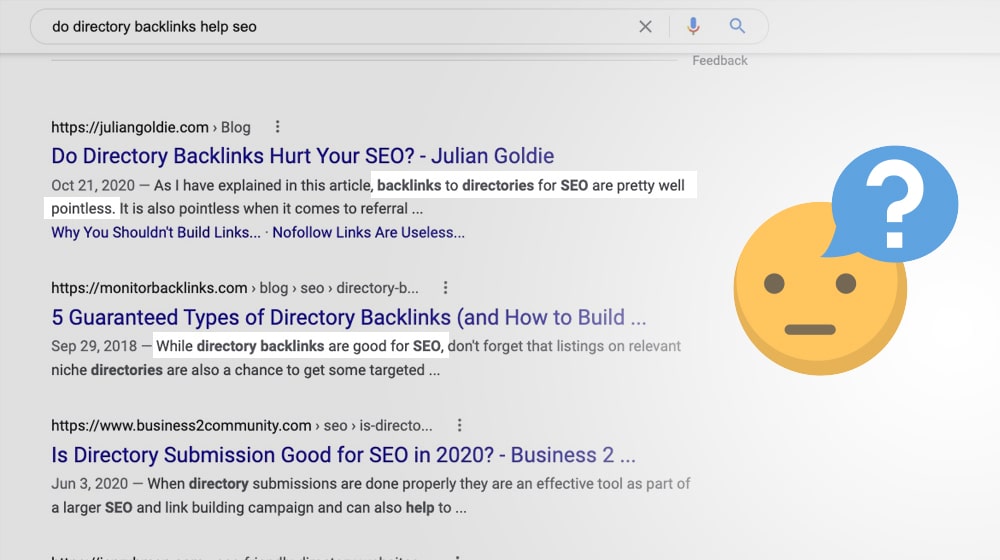
Sometimes, that means old and, more importantly, insufficient information is very prominent when researching.
I'm not going to get deep into the weeds with technical SEO information here. Feel free to discuss the nuances in the comments, though! This guide is primarily aimed at people who are dipping their toes into SEO for the first time and don't have a lot of nuanced understanding of how it all works. This guide is a starting point.
Understand Google's Goals
The first and most important thing you can do for SEO is to understand where it's coming from. You don't start knitting a sweater without understanding how a sweater is made. You don't start building a house without knowing how houses are put together. It would help if you didn't start working on SEO without understanding why SEO exists.
SEO is not an antagonistic relationship. It's not a set of tips, tricks, and rules to follow to circumvent Google and get ranked despite their algorithms. Far too many SEO professionals present SEO as some fight with the search engines when really, it's all about doing what they want.
The truth is, SEO is a set of rules and guidelines set forth by the search engines (primarily Google, but also Bing, YouTube, Amazon, etc.) to try to push the internet towards a friendlier and more usable place.
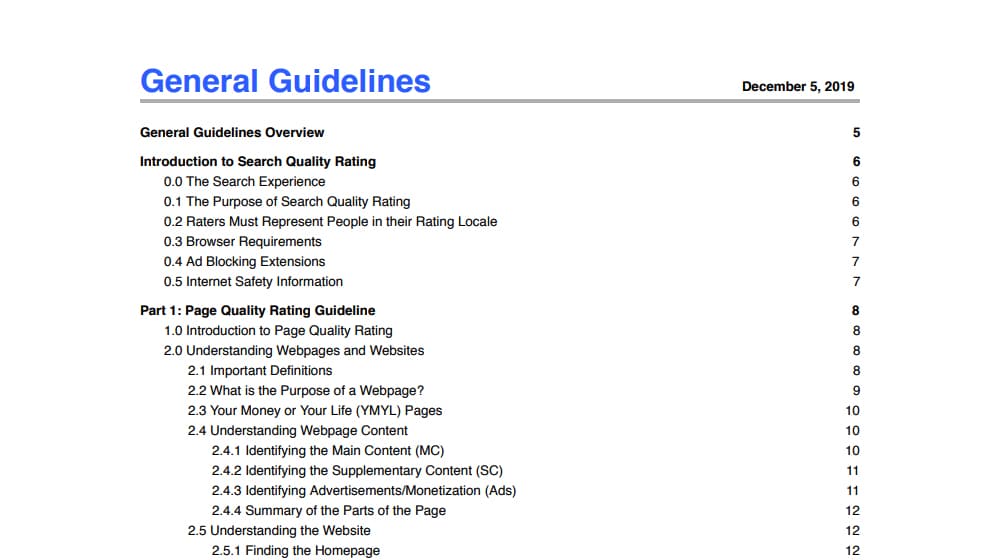
Those of you who have never experienced the internet before 2011 might not know just how awful it was to use. You could search for a question, and the top ten pages of Google search results would be 100 different websites, all with the same content. You would have to dig, and dig, and dig to find something different at all, and often it would just be a spun copy of the same content. If that content didn't answer your question? You're out of luck.
I'd venture to say that 90% of Google's guidelines, and thus SEO rules, exist solely to promote one of three ideals:
- Make the internet a safer place to browse. (Keep a site secure, don't serve malicious code, no scams, etc.)
- Make the internet a more reliable resource. (Serve consistent content, avoid site design that makes it difficult to find answers to questions, that sort of thing.)
- Make the internet an easier-to-use tool. (Faster and more reliable sites, etc.)
Make changes to your site that are aimed at helping real people find what they want to see, in a fast, easy to use, and reliable way. Avoid changes that try to circumvent rules, exploit systems, or put users in danger somehow.
Most of what Google does is designed to allow the average user to find answers to questions they ask and to enable websites that don't put a ton of effort into SEO to be seen. They tend to penalize sites that actively take adverse actions rather than websites that don't know what they're doing.
Avoid Over-Optimization
Over-optimization is an easy trap to fall into. People will learn one fact about Google's algorithms and take that fact to an extreme. For example, a person might understand that sites do better when they have more backlinks and will go out of their way to build backlinks in any way they can. They fail to learn that backlinks can have a lot of qualifiers attached to them, so they end up creating a very artificial backlink profile. Then they get mad that it isn't working (or is hurting their site).
You can do a little optimization (and SEO tools like Clearscope are very good at helping you do it), but it's easy to go overboard. Over-optimization typically happens with links and with content, particularly keywords. I'm not too fond of the attention many people pay to long-tail keywords, especially keyword density. Natural content is almost always better.

Your primary focus should be keyword research for topic selection. Including the same target keyword in your article repeatedly with keyword stuffing will do nothing for you, but you will be picky about the topics you decide to create pages about. Keyword research can shape the content you create and your meta descriptions, title tags, alt text, and organic traffic overall. There are many free tools you can consider using, such as Google Keyword Planner, Ubersuggest, and so on. Paid research tools tend to be a little better, such as Ahrefs, Moz, and Semrush.
A large part of what Google does is detect and analyze patterns. They have a massive index of content and links at their fingertips, and they're very good at detecting patterns. When they see your site and the patterns surrounding it look very artificial, you're going to be downranked or penalized for it.
Matt Cutts, the former head of Google's webspam team and the public face of search engine optimization for many years, has one particular quote that describes this very well.
- "The objective is not to "make your links appear natural"; the objective is that your links are natural."
The quote applies equally well to links, content, page SEO, everything about it. Google spends a lot of effort looking for people trying to game the system and remove them from the results. Most "seo experts" fall into this trap and leave glaringly obvious breadcrumbs, and their efforts end up being discounted or ignored entirely.
We create blog content that converts - not just for ourselves, but for our clients, too.
We pick blog topics like hedge funds pick stocks. Then, we create articles that are 10x better to earn the top spot.
Content marketing has two ingredients - content and marketing. We've earned our black belts in both.
If you look at Google's list of search penalties, you can see that they come in three general forms:
- Over-optimized or spammy content.
- Over-optimized or spammy links.
- "Tricks" meant to circumvent the algorithm.
Looking at those penalties, keeping them in mind, and applying their ethos to your SEO are good ways to stay on the right track. It's not 100% of what you need to know, but it'll get you a good portion of the way there.
Avoid Over-Spending on Content or Links
It's easy to want to spend money to solve problems. In many situations, it's even the easiest way to do things. It's true in SEO too, but only if the way you're spending money is on companies that know what they're doing.
One of the biggest mistakes I see new SEOs make is spending money to buy content and links, with no thought towards SEO strategy and longevity.
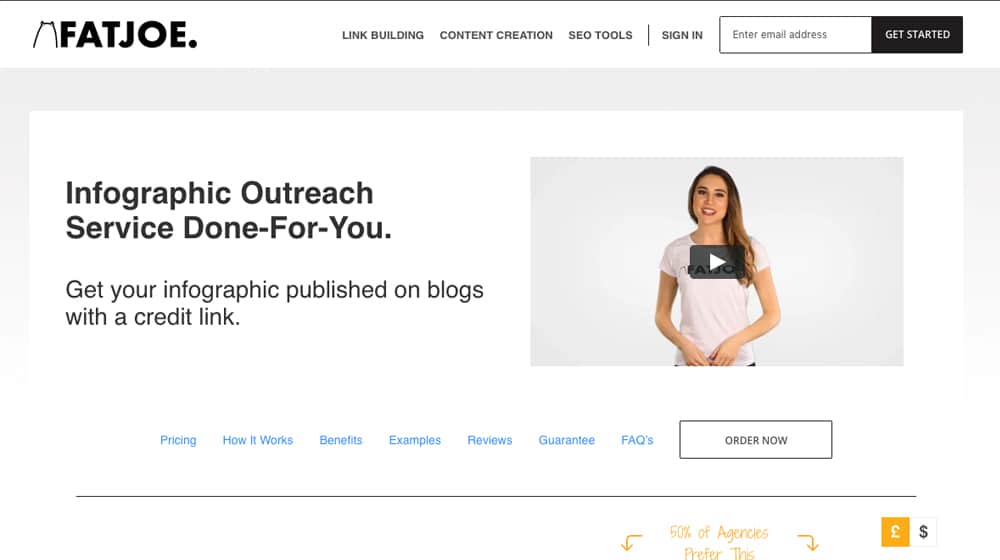
It would be like opening a retail store by purchasing whatever random products come to mind to draw an analogy. Are you a grocery store? A drug store? A clothing store? A bulk store? If you don't know, you aren't going to succeed.
It's easy to buy content, but will that content be valuable to you in a month, three months, a year? If not, it's a wasted investment, IMO.
Focus on Quality Over Quantity
Many beginner's guides to SEO will tell you that two rules guide most SEO.
- More links are better than fewer links.
- More pages are better than fewer pages.
More = better.
It's measurable. You can apply the 80-20 rule to it, even.
This situation is why, for example, my advice about blogging frequency is that it doesn't matter as long as you're consistent with it. There are incredibly high-profile and valuable websites that publish one new blog post every month, if not less. And, spending a few weeks on getting one high-quality backlink will do infinitely more for your site than spending the same time building hundreds or thousands of garbage links.
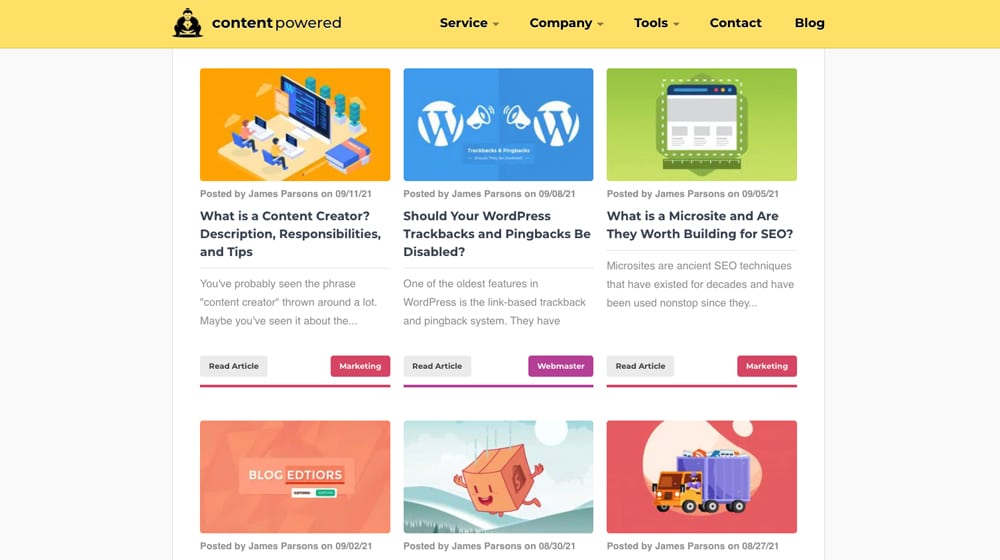
Content is the heartbeat of a website. You want your site to have a consistent, strong pulse; tachycardia is no better than a flatline.
Look at What Works
A general tip here:
The key here is to emulate, not copy. This tip is tricky advice to give because there are many people out there who promote their successful techniques as a means to sell those techniques. Those aren't the people you're looking for.
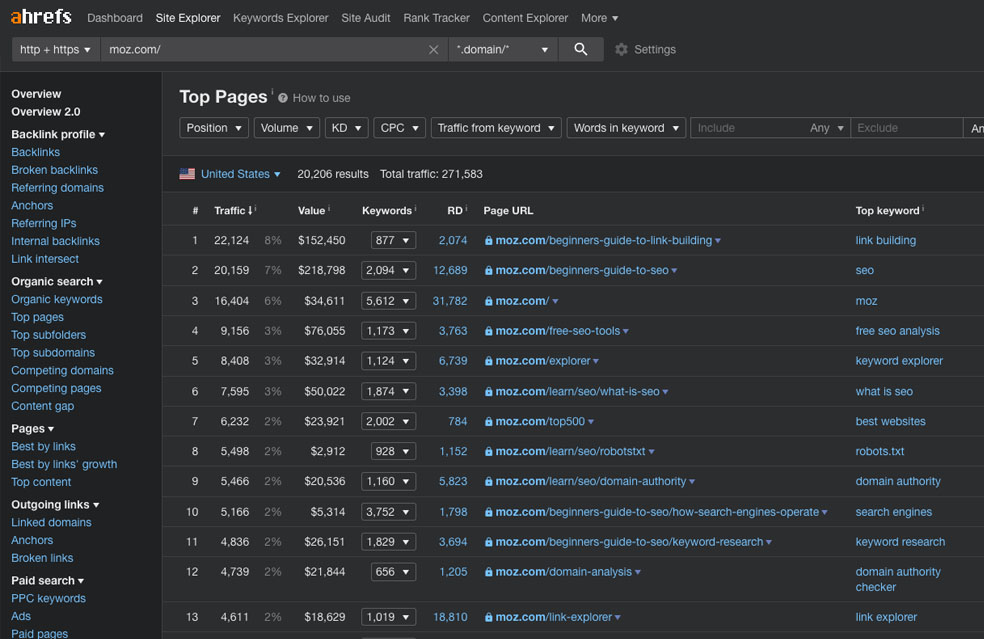
Instead, look for your competitors and the giants in your industry, and look into why they're successful.
- How often are they publishing content?
- Analyze their content marketing efforts. How long are their posts? How varied are the topics? What's the format like?
- Look into links. Where are their backlinks coming from? Can you duplicate their link building efforts? What about their internal linking?
- Look into the website design. How is their navigation laid out? What is their URL structure?
- Look at their social media pages. How are they promoting their content, and how is it working for them?
- Look into their WordPress plugins (if applicable). Do you like any of the features their blog has? Can you make use of these to improve your user experience?
- Look into their SERPS. Are their blog posts ranking? Which of their posts have the best search engine rankings and why?
All of this can give you a good idea of how to succeed. After all, it pays to emulate greatness if you want to be great.
Invest in the User Experience
This one goes back to my first tip. Google wants to serve the best results to everyone who uses their service.
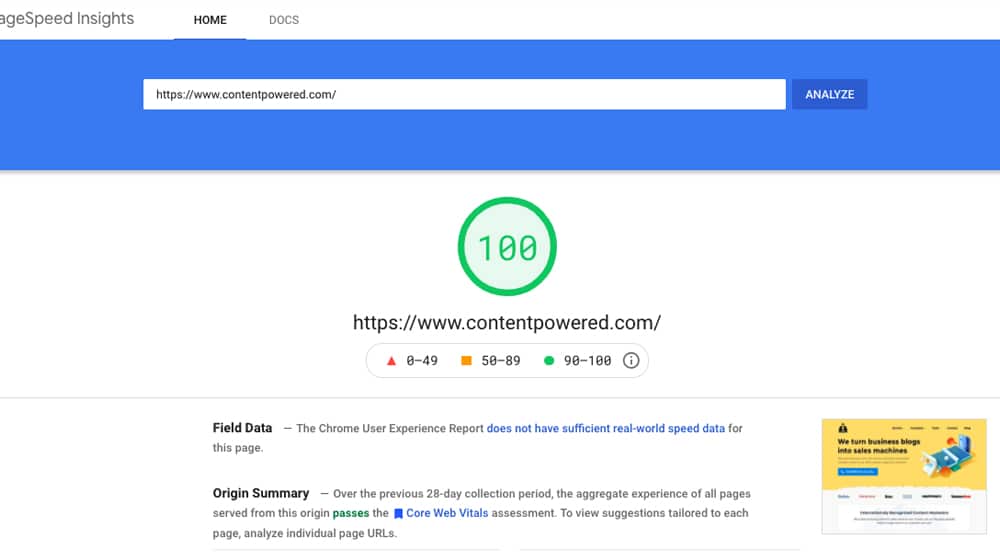
So, think about what makes a site attractive and usable from a user perspective.
- It's easy to find what you're looking for, whether it's navigating the homepage or looking for specific information on a single landing page.
- The webmaster invested in site speed, and their website is quick and responsive. Remember, page speed is now a major ranking factor.
- The webmaster is frequently analyzing Google Analytics and Google Search Console for roadblocks, dips in organic search traffic, conversions, bounce rate, and other metrics.
- The wemaster frequently audits new content for duplicate content, broken links, pages with low search volume, and fixes low quality content.
- The web page isn't riddled with ads, distractions, or other nonsense.
- The page is accessible via both desktop and mobile platforms.
- Content is easy to read and understand.
These are just some of the most valuable tips for the user experience I can give, but they're all useful. There's also a ton to learn to get any of them adequately optimized. I'm just giving you starting points, after all. The rest is up to you to learn (or pay someone to do it for you, of course.)
Do you have specific questions about SEO? Feel free to ask them, and I'll do my best to help you along.



 30 Second Summary
30 Second Summary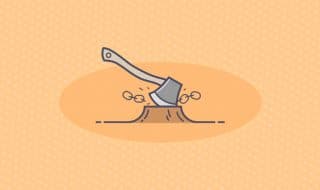
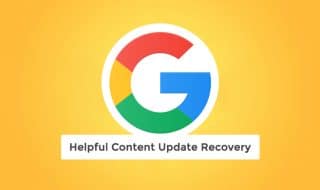
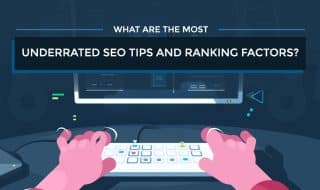
Comments